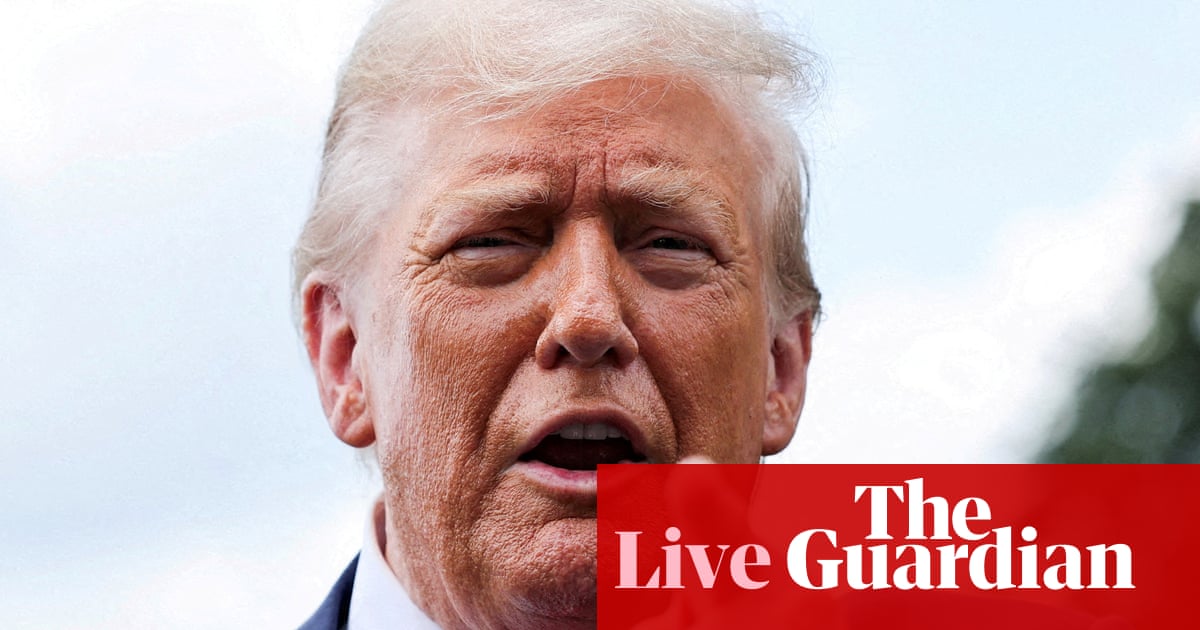Trump Extends Power with New Appointment Amid Legal Challenges
Background on the Appointment
In a move reflecting ongoing tensions within the U.S. legal landscape, former President Donald Trump has appointed John Sarcone III to the newly created position of "special attorney to the attorney general" following a judicial panel’s rejection of his appointment as interim U.S. attorney for New York’s northern district. This strategic maneuver underscores Trump’s tendency to circumvent traditional oversight mechanisms that typically require Senate confirmation for federal appointments.
Legal Justifications and Criticism
The Department of Justice has cited a federal law, 28 U.S. Code Section 515, to justify Sarcone’s new role. This law permits the appointment of “special attorneys” to handle specific cases. However, critics, including law professor Carl Tobias from the University of Richmond, argue that the application of this law is being stretched. Tobias points out that it may not have been intended for someone to serve simultaneously as both an acting U.S. attorney and a special attorney, highlighting a potential overreach in administrative powers.
Broader Implications for Trump’s Administration
Trump’s adjustment of Sarcone’s title is emblematic of a larger trend observed during his second term. Unlike his first administration, which saw all 85 U.S. attorney nominees confirmed by the Senate, his current approach has involved far fewer formal nominations. This reliance on interim appointments and positions like that of Sarcone allows Trump to maintain influence over key judicial roles without the usual checks and balances.
Trump’s Continued Legal Battles
Parallel to this administrative reshuffling, Trump is also navigating several legal challenges. A federal judge may decide on the fate of Trump’s efforts to limit birthright citizenship. Following a U.S. Supreme Court decision that made it harder for lower courts to block executive orders, a coalition of Democratic attorneys general is urging Judge Leo Sorokin to uphold an injunction against Trump’s directive. This order sought to deny citizenship to children born in the U.S. under certain conditions, further complicating the legal landscape surrounding immigration and citizenship in America.
Reopening Alcatraz: A Controversial Proposal
In a separate but equally contentious development, Trump is proposing to convert the historic Alcatraz prison back into a maximum-security facility. Estimated to cost around $2 billion, this initiative would aim to house violent criminals once again. Critics of the plan point to the impracticalities of reopening a prison that was shuttered in 1963 due to operational costs. While Trump alleges that the facility could serve a vital role in controlling crime, urban planners and historians express concern over the implications of resurrecting such a notorious institution.
Trending Issues and Media Relations
As the political theater continues, Trump has also threatened to sue the Wall Street Journal over allegations related to Jeffrey Epstein’s sex-trafficking case. The former president has directed Attorney General Pam Bondi to seek the release of grand jury testimonies related to the case, which he claims have received excessive media coverage. Following a report that suggested he may have contributed artwork for Epstein’s birthday celebrations, Trump has described the allegations as “fake news,” further fueling the public’s interest in his legal entanglements.
Legislative Moves and Future Actions
In recent legislative actions, the Republican-controlled House of Representatives passed a significant funding cut of $9 billion to public media and foreign aid, sending it to the White House for Trump’s signature. This controversial decision, voted on narrowly, reflects Trump’s administrative priorities and sets the stage for further debates about funding and resource allocation in the United States.
As Trump continues to shape the existing legal and political environment, his strategies evoke a mix of concern and intrigue, suggesting that his administration’s actions will remain at the forefront of national discourse.


